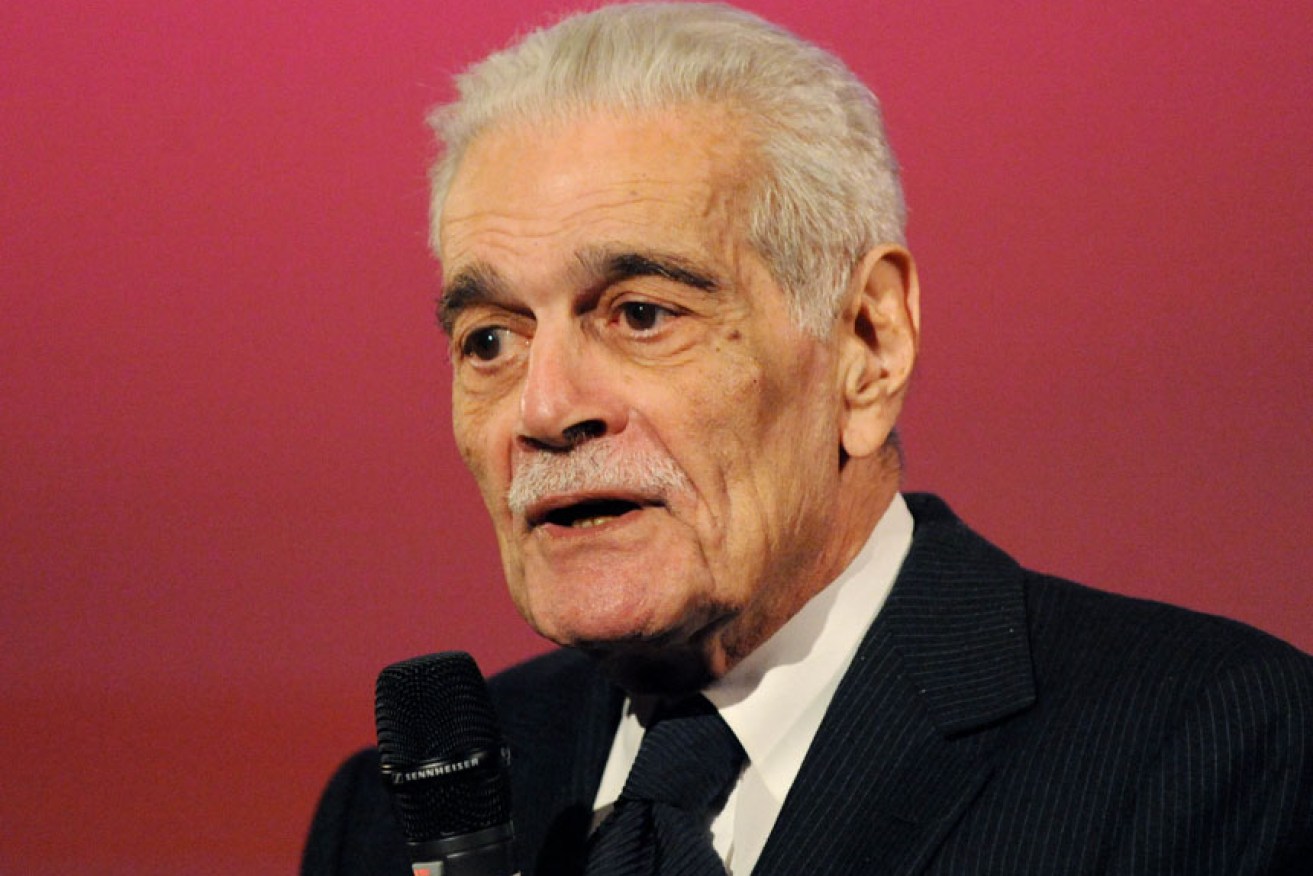Why a dementia diagnosis is not a death sentence

Getty
When the loved ones of Omar Sharif, star of classic films such as Lawrence of Arabia and Doctor Zhivago, found out last week that the Egyptian-born actor is suffering from Alzheimer’s disease, millions of Australian families would have been able to relate.
As the baby boomer generation hits retirement and beyond, dementia is on the rise, with 1800 new cases diagnosed each week in Australia – roughly one person every six minutes.
Dementia is a catch-all term that comes in many varieties – vascular dementia, frontotemporal dementia, dementia with Lewy bodies and the most common of all, Alzheimer’s disease.
• Depression patients injecting with ketamine
• Contraceptive pills raise blood clot risk ‘four fold’
• ‘Cancer time bomb’ lurks in our workplaces
According to the Australian Institute of Health and Welfare, there are 342,800 dementia sufferers nationally, a number expected to jump to 400,000 in less than a decade, and rise to almost 900,000 by 2050.
The memory-affecting affliction is, of course, immensely difficult for those suffering the condition, but how should friends and family respond?
Maryanne Noon of Alzheimer’s Australia told The New Daily that the way loved ones deal with the situation is crucial to the mental wellbeing of the patient.
“They provide valuable links to past experiences, and enable a person with dementia to continue to be a loved and valued member of a family and circle of friends,” she said.
Ms Noon suggested that family and friends learn all they can about dementia, and to not be afraid to come forward and offer support.
She recommended being available for a chat from time to time, bringing meals, helping with shopping, and supporting the person with dementia to do the kinds of things that they enjoyed doing before.
“Enjoyment does not require memory, so it is important to remember that even if an outing is soon forgotten it is still worthwhile,” she said.

Family and friends should learn all they can about dementia. Photo: Shutterstock
She cautioned however that would-be carers don’t overdo it, and make sure they take breaks themselves and spread the load.
Alzheimer’s progresses over three stages, and with current diagnostic techniques most cases are identified at the early stage, meaning sufferers will be able to understand the diagnosis themselves and be relatively self-sufficient for some time.
As it moves through mid-stage to late-stage, sufferers will require more support from those around them.
According to Ms Noon, even if the dementia sufferer in question struggles to comprehend what is happening, they will remain self-aware and communication with them needs to be handled appropriately.
“People retain their feelings and emotions even though they may not understand what is being said, so it is important to always maintain their dignity and self-esteem,” she said.
“Be flexible and always allow plenty of time for a response.

Film star Omar Sharif was last week diagnosed with Alzheimer’s disease. Photo: Getty
“Where appropriate, use touch to keep the person’s attention and to communicate feelings of warmth and affection.”
Rosemary Warmington, CEO of Carers SA, told The New Daily that families shouldn’t treat the diagnosis of a loved one with dementia as the end of the road.
“Many people think that dementia is a direct death sentence, and that end-of-life plans should be the primary focus once a diagnosis is received,” she said.
“What we’ve seen is that in fact, many people go on to live for many years with dementia, and that some people can remain high-functioning through to the mid-stages of the illness.”
Ms Warmington noted that there are plenty of support services out there for anyone taking on a carer role, and that such services offer help for more than just the emotional and physical toll.
“There might be some legal implications as well – it is important to put legal structures in place while they have the capability to make these decisions,” she said.
“People don’t want to talk about this sort of thing and it is difficult, but really no one should have to wait until a dementia diagnosis – it should be something we all do before that time.”
For more information, contact the National Dementia Helpline on 1800 100 500 or Carers Australia on 1800 242 636.








